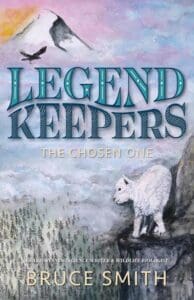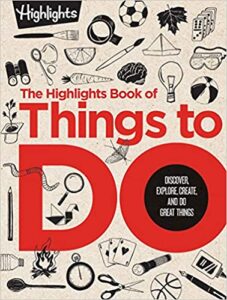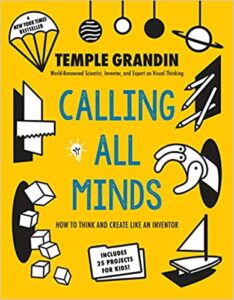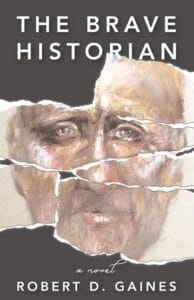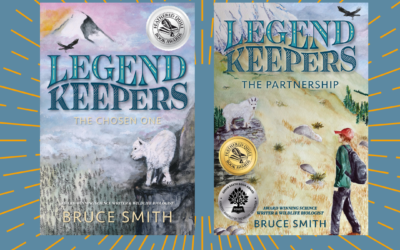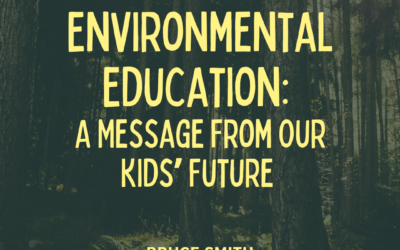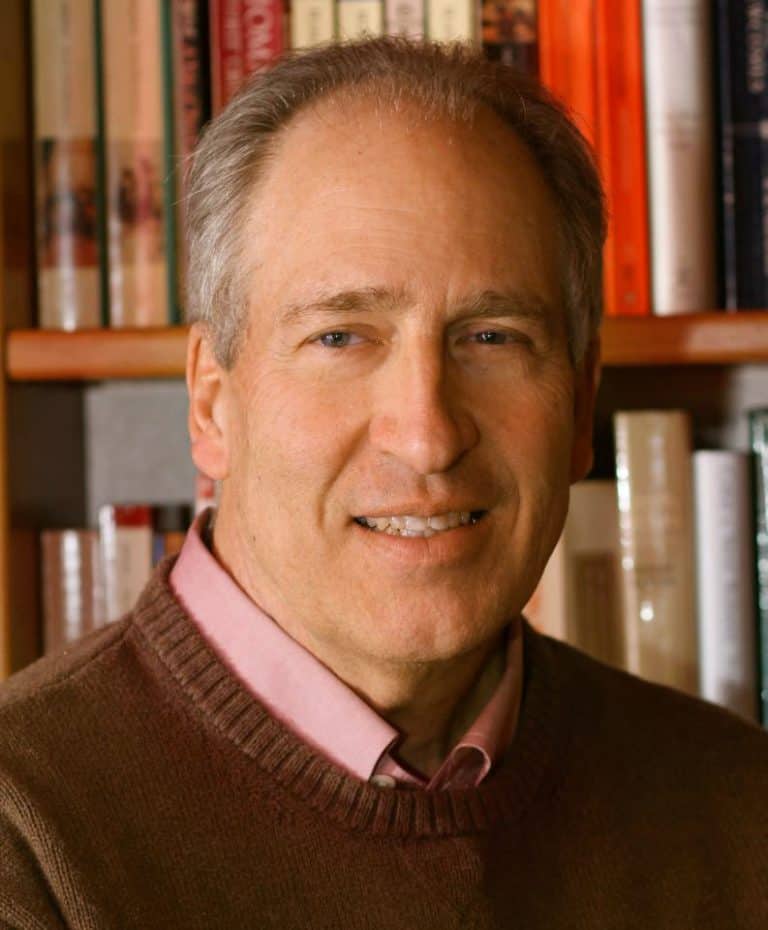
Top 5 STEM Books for Kids

Top 5 STEM Books For Kids:
A Granddad’s Guide to Great Books for the Curious Grandchild
By Robert D. Gaines, author of The Brave Historian and One Christmas Lasts Forever
When I was a kid, my grandmother gave me a book for Christmas. She even signed the inside cover. Naturally, I immediately tossed it aside, in a mad search for toys. But a few days later, I opened the book and was hooked. Seventy years later, I still have that copy of Mark Twain’s Adventures of Huckleberry Finn.
Sure, I give my grandchildren cool toys. But I also send gifts that will last. My grandkids (ages 10, 8, 7) are probably a lot like yours – curious, creative, fun … and obsessed with books that spark their intelligence (often known to the modern world as STEM gifts).
Here’s a short list of great books for bright kids (ages 7-12):
Legend Keepers: The Chosen One by wildlife biologist and award-winning science writer Bruce Smith (Hidden Shelf Publishing House 2021).
What’s going on up there with Mountain Goats? I absolutely love this book from veteran wildlife biologist Bruce Smith. His subtle way of blending science with fiction is brilliant. Written for middle grade kids, it’s a great read for all ages.
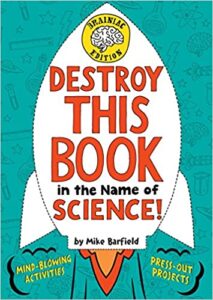
Destroy This Book in the Name of Science by Mike Barfield (Crown Books, 2018)
All successful scientists must be prepared to get their hands dirty in the pursuit of knowledge. This is cool science with activities and projects.
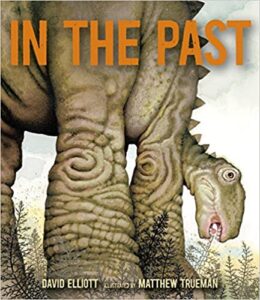
In the Past: From Trilobites to Dinosaurs to Mammoths in More than 500 Million Years (Candlewick, 2018).
Whether your grandchild is intrigued by dinosaurs or will someday be a paleontologist, this illumination of past creatures will capture their imagination.
The Highlights Book of Things to Do (Highlights, 2020)
“But, there’s nothing to do …” No, there are hundreds of ways to build, play, experiment, craft, cook, dream, and think.
Calling All Minds by Temple Grandin (Puffin Books, 2019)
While uncovering an array of riveting scientific questions, kids will also learn that they possess the minds of the future.
Books by Robert D. Gaines:

Robert D. Gaines was raised in California, Rhode Island, and Virginia. Even as a child, he had an obsession for recording his stray thoughts into hundreds of notebooks.
After graduating from San Diego State, Bob spent a decade as an award-winning sports columnist before moving east, eventually retiring from Bucknell University in 2012.
Bob currently resides in the beautiful mountain town of McCall, Idaho where he spends his days writing, hiking, and playing with an energetic goldendoodle, Rocky.
Recent Posts
Summer Reading 2023
Summer Reading List 2023
A book to read on a long flight. A book to read while lying in the hammock. A book to read while relaxing on the beach. A book to read when you wish you were relaxing on the beach. A guilt-free option for entertaining your children. A new summer read for your book club. A book to complete your summer reading bingo sheet or the summer reading challenge at your library.
Whatever it is you are looking for we listed a few suggestions to get you started.
Legend Keepers in the News
The Legend Keepers Series has won three awards due to its uniquely crafted narrative and important message– a blend of fantasy and fiction promoting an environmental message!
“I blended what we know about animals from research, and what we would like to know about animals but don’t — the stuff we imagine and wish we knew,” he said. “As a novelist, I have this freedom that I don’t have as a scientist writing nonfiction.”
Celebrating the Earth and Environmental Education: A Message From Our Kids’ Future
Science has the wonderful capacity to open young minds to possibilities. It prompts them to ask questions about the world they live in, especially the “how” and “why” questions.
I also believe that literature can enhance classroom science education. Both nonfiction and fiction—including eco-fiction—convey engaging and evocative examples of science in action. Such storytelling helps both young and old to see what’s possible. Stories inspire us to imagine what could be. We need to be able to imagine, to dream of the future we want. Only then can we seek and achieve it. This is our shared responsibility to future generations, and to planet Earth.

